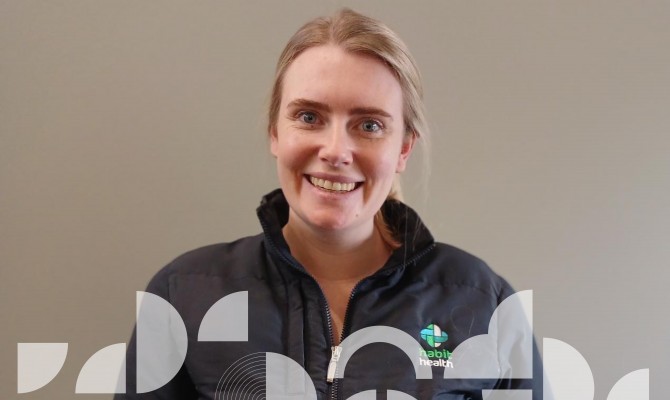Why investing in workplace wellbeing is the smartest move your company will make
27 May 2025
29 Jul 2025

It’s making sure the work isn’t harming the person, and the person is ready and supported to do the work safely. Whether that’s through quick check-ins, annual monitoring, or just making time for an honest conversation, it all adds up to a safer, more sustainable workplace.
Every job comes with different risks, and we’re here to help spot those early. Some of the things we look at include:
Sun exposure: especially for outdoor workers. It’s about mole checks, sunscreen use, protective clothing, and making sun safety part of the daily routine.
Even in office-based roles, things like poor desk setup or repetitive computer use can cause real issues over time. That’s where workstation assessments come in. Small changes can make a big difference to comfort and productivity.
There are many different types of Occupational Health assessments. Think of it as a health check-up for your job. We want to make sure you’re set up to succeed and that your work isn’t putting your health at risk.
Depending on the situation, we might do:
Before someone starts a new job, we’ll check that they’re fit for the role, both physically and mentally. It might include a hearing test, vision screening, lung function check or general movement assessment. It’s always tailored to the job.
In higher-risk industries, we’ll see people regularly, often yearly, to check for any changes. For example, if someone’s exposed to noise or chemicals, we want to pick up on early signs of harm, not wait until symptoms appear.
Sometimes the best results come from a quick conversation. We might notice a sore shoulder before it becomes a bigger injury, or give someone tips on hydration or fatigue that keep them feeling good at work.
We also offer vaccinations as part of workplace health. Our nurses are authorised vaccinators, and we visit workplaces to give vaccinations around the country. Annual flu jabs, usually around April or May, is a great way to help keep teams healthy through winter and cut down on sick days. Depending on the job, we might also recommend other vaccines, like hepatitis or tetanus, especially if there’s a higher risk of exposure on site.
We also offer health coaching or cardiovascular checks. This is especially helpful as the workforce gets older and health needs shift. It’s not always about risk. Sometimes it’s just about helping people feel better day to day.
Looking after your people’s health isn’t just the right thing to do. It’s good for business too.
When you’ve got healthy staff, you’ve got:
And if there’s ever a question about whether a health issue is work-related, clear records and proactive checks make a real difference.
Occupational health isn’t about finding faults. It’s about helping people do their jobs safely and comfortably for the long haul.
Whether it’s a quick pre-employment check or regular monitoring for a team exposed to risk, these touchpoints help build a healthier, more resilient workforce. When people feel looked after, everyone benefits, including the business.
Want to support your team’s health and wellbeing?
Enquire about occupational health with the team at Habit Health. Request a quote now